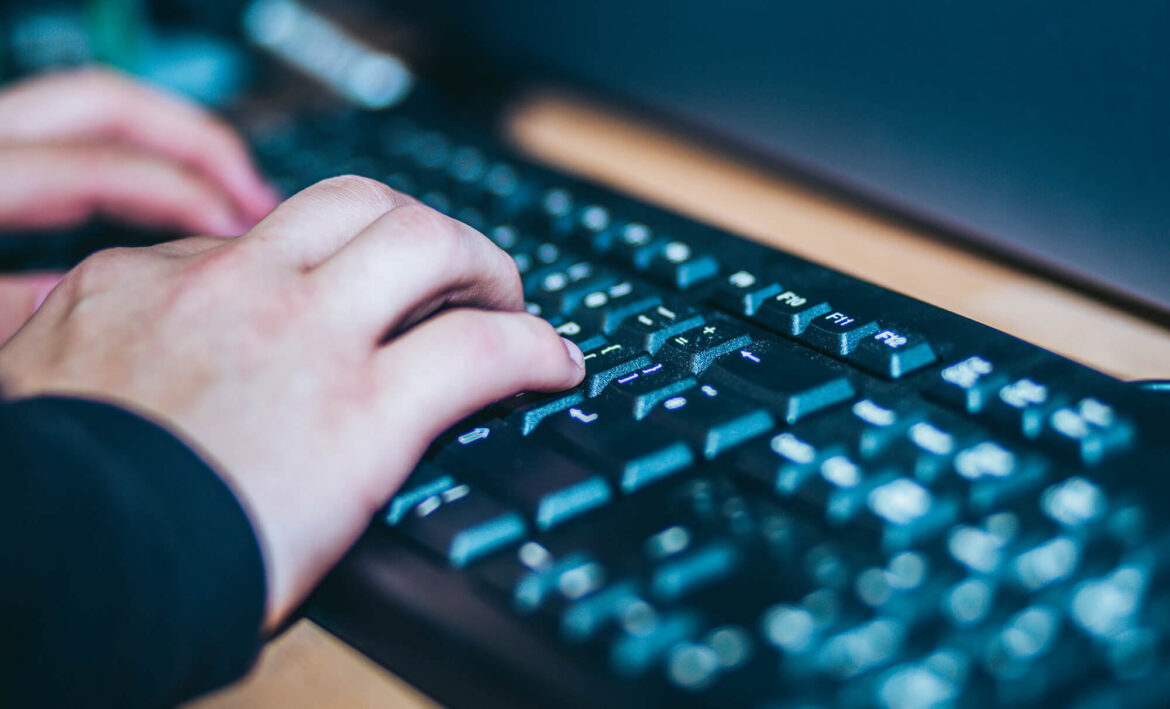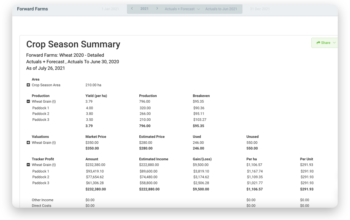We talk about cybersecurity a lot. But what does it mean for you to keep your personal data secure? And how can you protect yourself from the rising tide of cyber-crime that is threatening to engulf us all? We’ll explain with some simple steps IT supports Timaru that every home user can take and what risks to look out for, so you can stay safe.
Protect your information.
It’s a good idea to use strong passwords. A strong password contains at least eight characters, has numbers and symbols, and is not something easy to guess (such as your birthday or phone number).
If you’re using the same password for multiple accounts, that is also a bad idea. Hackers can easily gain access to multiple accounts if they know one of your passwords. You should change all of your passwords periodically and make sure none are similar.
You should also never share your passwords with anyone else, as this could lead them to compromise your personal information as well. If someone asks for one of your passwords, don’t give it unless necessary! A hacker might trick someone into giving away their sensitive data by pretending they need help accessing their account—they might even pretend they are contacting customer support!
Last but not least: if there are any apps on your computer that store sensitive data (such as banking apps), make sure those programs have encrypted storage so that no hackers can gain access through them!
Update Operating Systems.
Updates are an important part of keeping your computer safe. Microsoft, Apple and Google all provide regular security patches for the operating systems that run their respective computers and mobile devices. You can also get updates from software vendors (such as Adobe) or device manufacturers (like Samsung). In most cases, you should update your system’s operating system as soon as possible after it releases a patch.

Use a Firewall.
If you’re using a computer or router, it already has a built-in firewall. A firewall is a hardware or software device that filters network traffic based on a set of rules. The job of the firewall is to prevent unauthorized access from outside your home network and keep bad guys from stealing your data.
If you’re using a software firewall, it’s good practice to install one on each device connected to your home network (including computers). Software firewalls can also be installed on smartphones and other mobile devices if they are used for work purposes—for example, an employee who needs access to sensitive files at home may need protection as well. This is infect suggested by most it companies.
Use Two-Step Authentication.
Two-step authentication works by adding a second layer of protection to your account. This second step can be anything from a password to a code sent via text message or email. If someone attempts to log in with the wrong credentials, they’re locked out and asked for that secondary layer of security before they can proceed.
The benefit here is that even if someone has access to your username and password, they won’t be able to gain access without another piece of information as well. The system makes it more difficult for cybercriminals who may have been able to steal your login credentials (like through phishing). It also helps prevent hackers from accessing important personal accounts like bank accounts or social media profiles by keeping them locked until the correct code is entered into the system.
Some of the best ways, as per it support timaru companies to protect yourself from hackers are through the use of a VPN, a two-factor authentication system, and different password managers. You can also be extra cautious by monitoring unusual activity on your home network and securing private Wi-Fi. These steps might sound daunting at first, but as long as you know what tools will do the legwork for you, it’s not hard to stay safe online!








